“We try to cope with the effects of climate change, for example, (we) have been receiving training on good agricultural practices, such as intercropping our coffee farms with other crops, which are a source of income and also a source of food. "
Zeddy Rotich, member of Kabngetuny Women in Coffee.
Search
Displaying 896 search results for:
Not what you're after? Try searching another term.
-
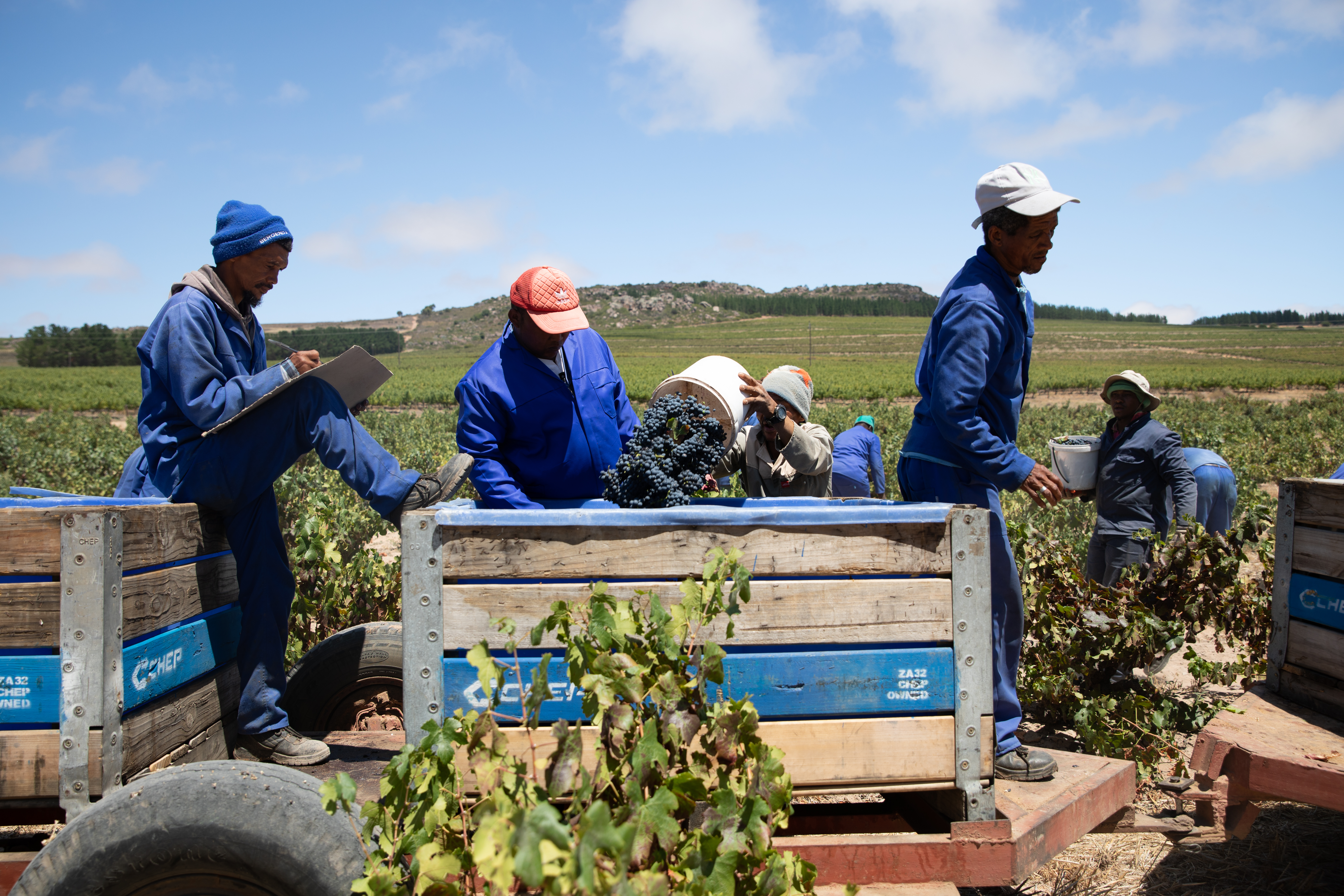
Workers' rights
Key issue
Workers on farms and in factories are among the most vulnerable people in global trade. See how Fairtrade is working for workers.
-
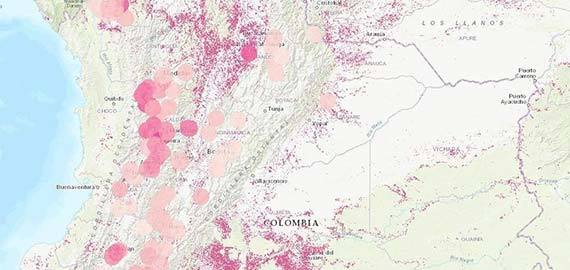
Mapping deforestation risks
Article: posted 1 Aug 2019
A new collaboration between leading certification schemes maps deforestation trends and points toward new approaches for reducing this risk.
-
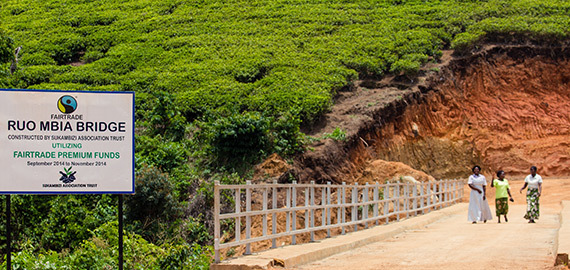
Fairtrade Premium
Article: posted 2 Aug 2019
An overview of Fairtrade Premium and its impact for Fairtrade producers
-
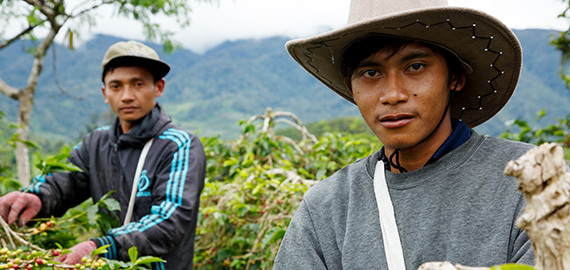
Fairtrade producers
Article: posted 2 Aug 2019
An overview of key aggregate data on Fairtrade producer organizations
-
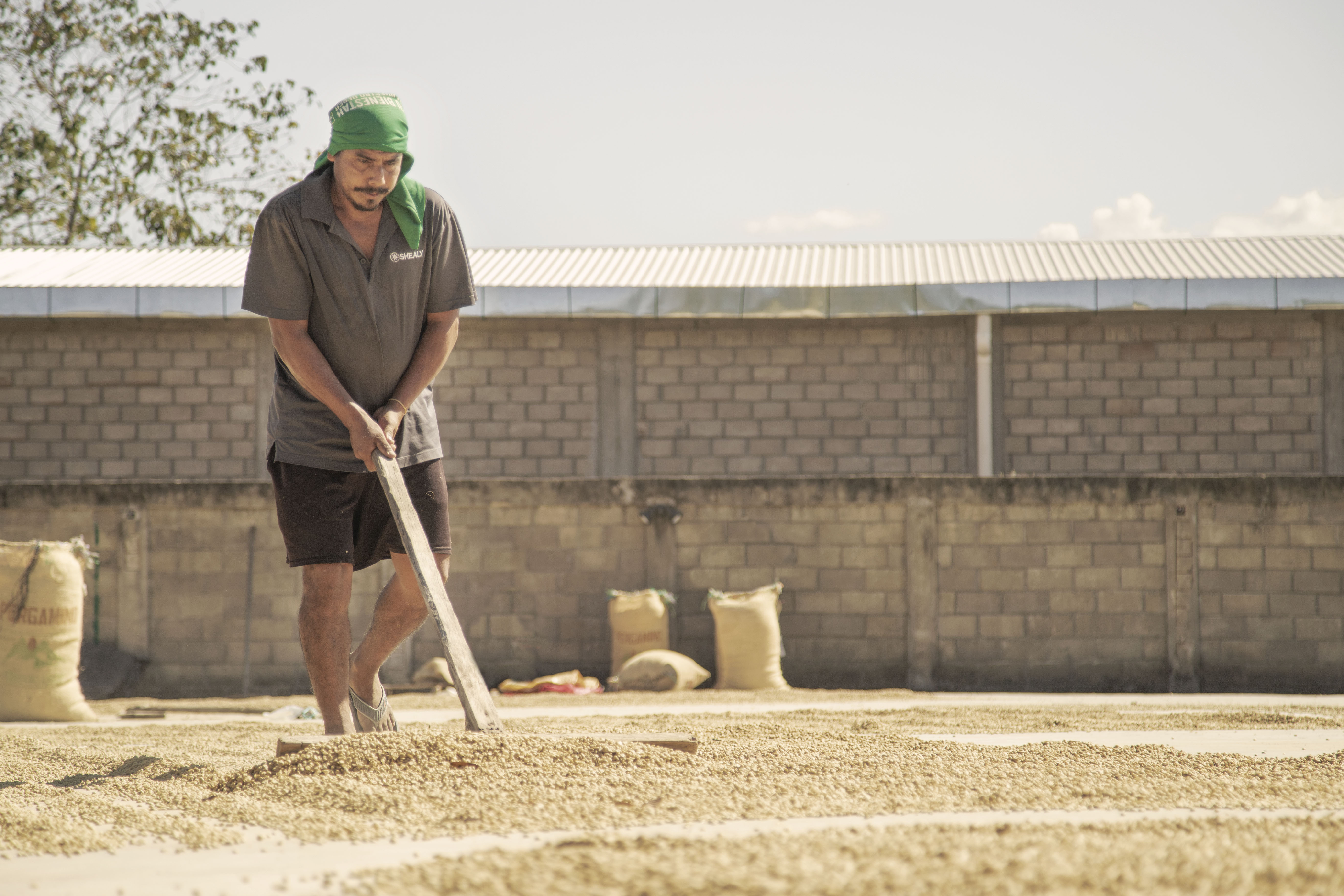
Living income
Key issue
If smallholder farmers dedicated to producing valuable crops like coffee or cocoa cannot afford a decent standard of living from their earnings, global food supply chains will never be sustainable.
-
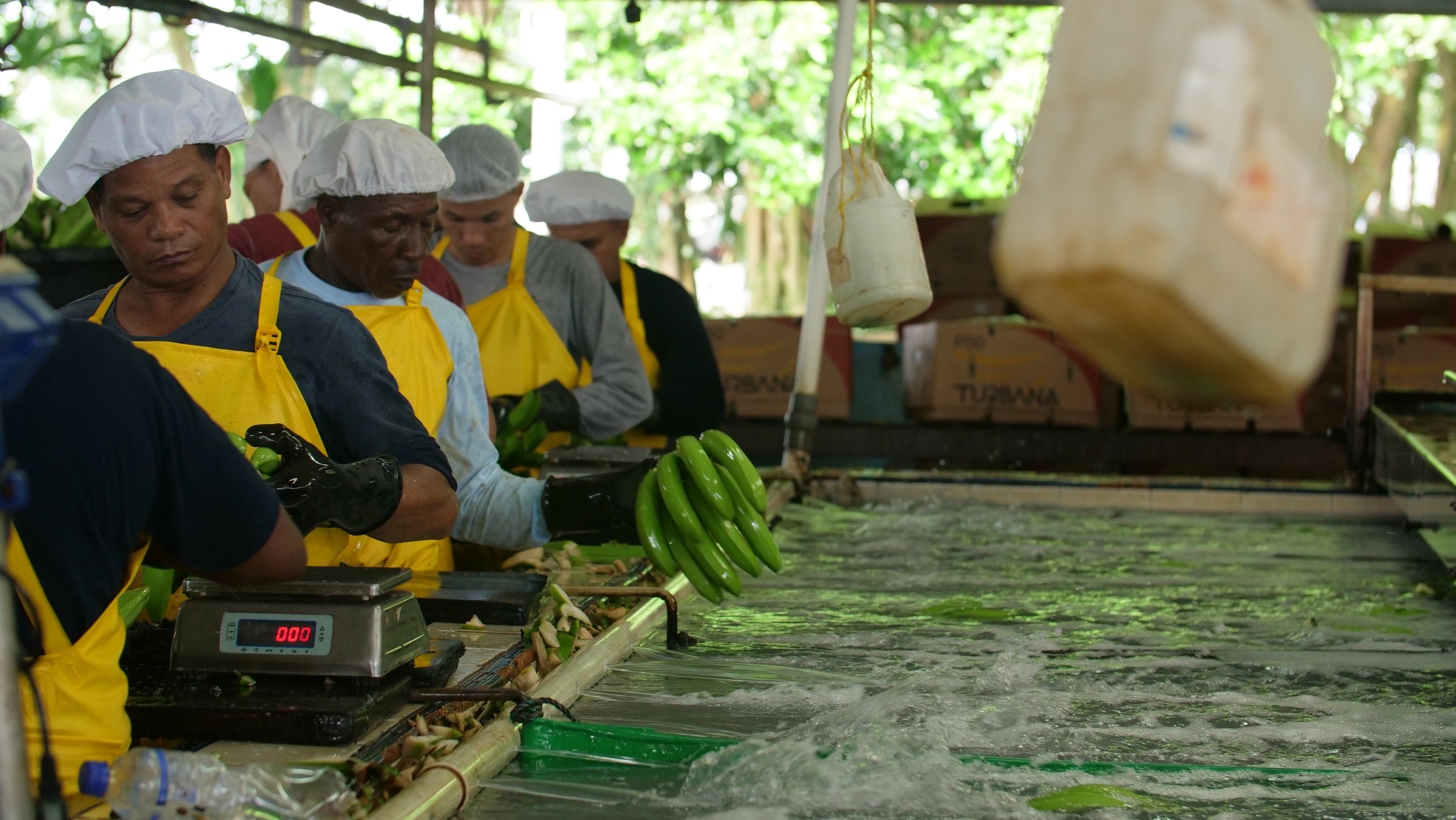
Living wage
Key issue
Our ambition is that workers have the power to improve their own livelihoods and negotiate their wages and terms of work.
-
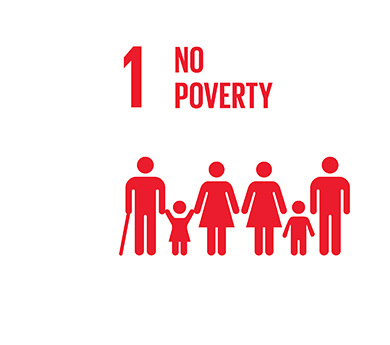
SDG1
Key issue
This overarching goal sets the target of ending poverty in all its forms everywhere by 2030. It’s an ambitious target – is it achievable and what role can Fairtrade play?
-
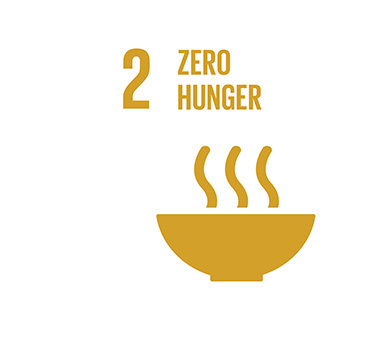
SDG2
Key issue
Small-scale farmers have a massive role to play in ending world hunger – if they can get fair prices for their crops and the right support for their farms.
-
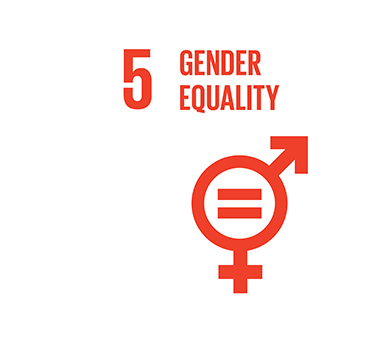
SDG5
Key issue
See how Fairtrade contributes to SDG 5, which aims to achieve gender equality and empower all women and girls.
-
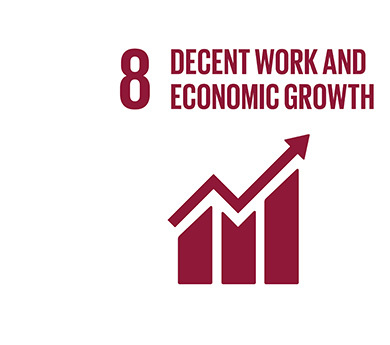
SDG8
Key issue
Young people are abandoning farming, while agricultural workers often work in precarious conditions for little pay. We must tackle these issues, so economic growth can benefit the many, not the few.
Page 31 of 90